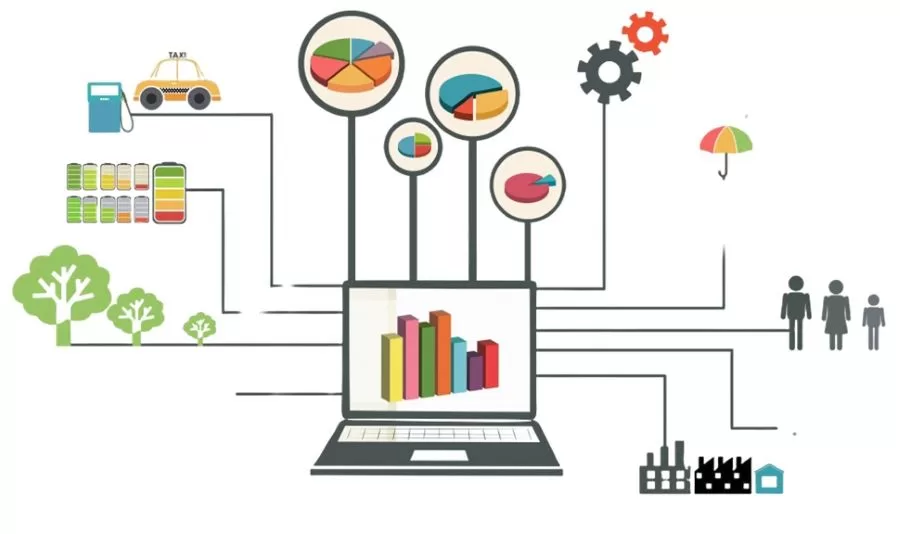Auto
How Automation Shapes Sustainable Business Models in 2025

In today’s world, businesses should aim to do more than thrive; they should also seek to contribute positively to the environment by adopting sustainable business models and practices that balance profits with ecological balance. That’s why sustainability will take center stage as we move into 2025.
This guide explores how automation will shape sustainable business models in 2025, particularly focusing on how automated billing systems and green policies reduce operational carbon footprints and why businesses should use eco-friendly measures to support these strategies.
The Evolution of Automation Technologies
Automation technologies have advanced greatly, from the days of Henry Ford’s moving assembly line to advanced systems powered by artificial intelligence (AI) and machine learning (ML).
These technologies will become more accessible than ever in 2025 and beyond, and more businesses will automate complex tasks and processes. This evolution is crucial for sustainability because it will allow enterprises to minimize resource consumption and optimize operations.
The Role of Automation in Business Sustainability
Automation promotes business sustainability because eco-friendly practices and strategies minimize resource use and promote sustainability.
For example, automated business systems can generate reports, printable invoice templates, marketing materials, and other documents as needed, all while using templates optimized for digital distribution, thus reducing the need for printing and physical distribution.
Moreover, businesses can leverage automation to create and implement strategies that prioritize sustainability.
For instance, automated and systemized processes can help you monitor energy usage, track waste production, and manage supply chains more efficiently. By analyzing data collected through these systems, you can identify areas where you need to reduce environmental impact and make more informed decisions about your company’s operations.
Integrated Automated Billing Systems and Their Impact on Sustainable Business Practices
Automation is significantly impacting billing systems. Traditional billing processes involve a lot of paperwork, manual data entry, and considerable energy consumption, which, besides being hectic and prone to errors, can cause costly delays.
On the other hand, automated billing systems can help streamline these processes by digitizing invoices, automating payment reminders, and reducing the need for physical documents. Doing this will save time, reduce errors, reduce paper usage and energy consumption, and lead to cost savings.
For instance, you can implement automated billing systems that promote eco-friendly policies. Installing these systems can help you track and report each transaction’s carbon footprint and provide valuable insights into areas for further optimizations.
Case Studies and Real-World Examples
Several companies are already reaping the benefits of automation. For example, many leading ecommerce platforms have implemented automated billing systems that reduce paper usage and track the carbon footprint of each transaction. This system provides customers with detailed reports on their environmental impact and encourages them to make more sustainable choices.
Several companies in the manufacturing sector also use automation to optimize their production processes, monitor energy consumption in real-time, and adjust their operations to minimize waste and reduce emissions.
The Future of Automation and Sustainability
As we have seen, automation processes have evolved, and it is safe to say that they will continue to do so in 2025 and beyond.
As these technologies continue to advance, your businesses will have access to more tools and business practices that can help reduce your environmental impact. Some technologies we expect to see more of in 2025 include workforce transformation, construction trends, and AI-driven manufacturing processes.
Conclusion
In conclusion, automation is pivotal in shaping sustainable business models in 2025. As these technologies evolve, they will give businesses more opportunities to operate sustainably and responsibly.
The future of business lies in seamlessly integrated automation and sustainability systems that create a world where economic growth and environmental stewardship go hand in hand.

















































